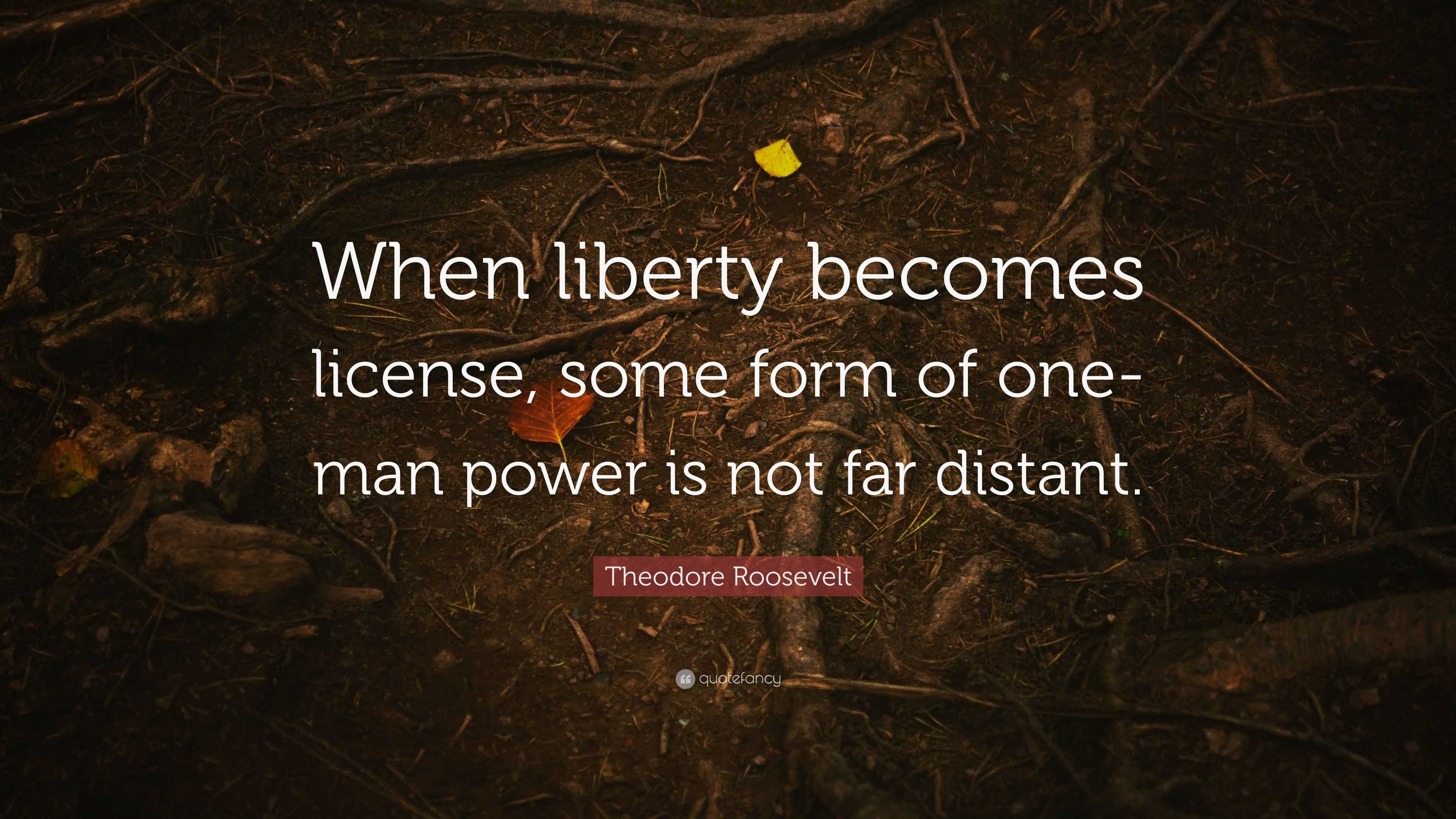Editor's note: This is from the winter issue of the Les Femmes newsletter. Check out past issues at www.lesfemmes-thetruth.org.
LIBERTY VS. LICENSE: THE CRISIS IN THE CATHOLIC CHURCH
Many people today believe that “freedom” means the absence of all restraint, the right, in fact, to do whatever you want, whenever you want, however you want. In order to be free, they claim, man must have complete liberty to view all of life through his personal lens with no outside laws or restrictions. In fact, they define freedom and liberty as complete license or lawlessness. Are they right? What exactly does “freedom” consist of?
The word “freedom” comes from several words in Old English: freo meaning not in bondage, acting of one’s own will; freod meaning affection, love, and peace; and, finally, dom meaning statute or judgment. Taking these three together, freedom means making judgments and choosing, with the use of our reason and will, a path that advances love and peace through laws that protect the common good.
While some modern definitions describe freedom as the absence of all restraint or control from another, that clearly perverts the word. Laws are obviously necessary to enable true freedom. Remember the violent riots in 2021 when BLM and Antifa burned and looted and even injured and murdered police officers and others? Was anyone “free” to go outside their homes without fear where rioters reigned? Of course not! Without law, there is no freedom only chaos.
Since Adam and Eve were expelled from the Garden of Eden, the world, ruled by Satan, has been at war with the city of God. Satan’s war went into overdrive in the 18th century with the French Revolution, a project developed and advanced by freemasons to eliminate God and enshrine the doctrine of liberalism.
While the origin of freemasonry is a little obscure, it formally organized in England in the early 18th century and developed its first constitutions in 1723 to become the Mother Lodge of masons around the world. The Grand Loge de France organized two years later and received patents from the English Lodge in 1732. Before the onset of the French Revolution there were 1250 masonic lodges with over 40,000 members. Among them we find many of the major figures who fomented the bloody attack on God, the monarchy, and the church. The Revolution and its aftermath firmly entrenched the philosophy of liberalism into western civilization, a doctrine that emancipates man from Almighty God replacing Him with the individual. Man usurps God’s “I Am!” to make it his own, just as Lucifer believed himself to be “like unto God.”
So what is liberalism? To define it, let’s look at a famous book, Liberalism is a Sin, written in 1899 by a Spanish priest, Fr. Felix Sarda Y Salvany. The work was immediately condemned by liberals in the clergy led by a bishop who instigated a book in response that attacked Fr. Sarda and his work! Some things never change! The bishop asked the Sacred Congregation of the Index, later the Congregation for the Doctrine of the Faith (CDF), to condemn Sarda’s book for its “many errors.” Unfortunately for the liberal bishop, the Congregation found Sarda’s book free from error; not so the other. Here’s what the congregation wrote to the bishop:
Wherefore the Sacred Congregation has carefully examined both works, and decided as follows: In the first not only is nothing found contrary to sound doctrine, but its author, D. Felix Sarda, merits great praise for his exposition and defense of the sound doctrine therein set forth with solidity, order and lucidity, and without personal offense to anyone.Sarda defined liberalism as the “absolute sovereignty of the individual in his entire independence of God and God's authority.” He went on to say, “Liberalism is the root of heresy, the tree of evil in whose branches all the harpies of infidelity find ample shelter; it is today the evil of all evils." Once man emancipates himself from God, there is no unthinkable evil he may not allow himself. The bloodletting of the French Revolution and all the genocides of the 20th century illustrate that in spades.
They condemned the other book and ordered it withdrawn to protect the faithful from false teaching!
John Adams pointed out the lie of the motto; “Liberty, Equality, Fraternity” when he wrote that, “Helvetius and Rousseau preached to the French nation liberty, till they made them the most mechanical slaves; equality, till they destroyed all equity; humanity, till they became weasels and African panthers; and fraternity, till they cut one another’s throats like Roman gladiators.”
 |
FELICITÉ LAMENNAIS. 1782 – 1854 |
According to the Catholic Encyclopedia of 1912, Lamennais confused:
...the natural and the supernatural orders, of philosophy and theology, to base both alike on the authority of the human race; and, since according to him both alike are based on human testimony, religious faith was at once reduced to human faith.... [He set] his highest hopes upon political liberty and equal rights. “An immense liberty”, he said, “is indispensable for the development of those truths which are to save the world.”
Lamennais’ ideas obviously influenced the move toward liberalism within the Church, where a false ecumenism treats all religions as equal and also in the state which now even recognizes the rights of paganism and satanism. While that clearly was not Lamennais’ intent, ideas have consequences, and his ideas led to many of the errors we live with today.


No comments:
Post a Comment